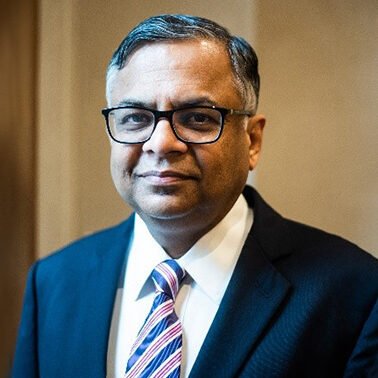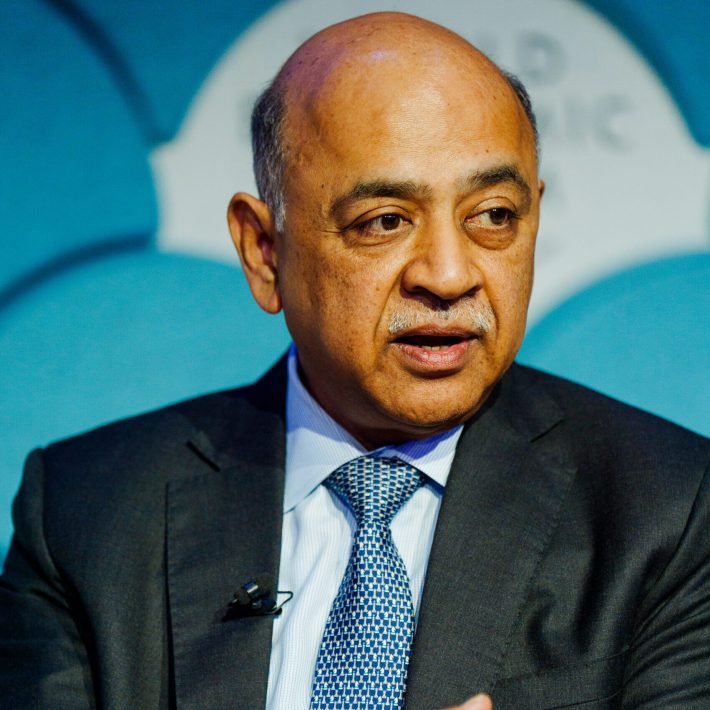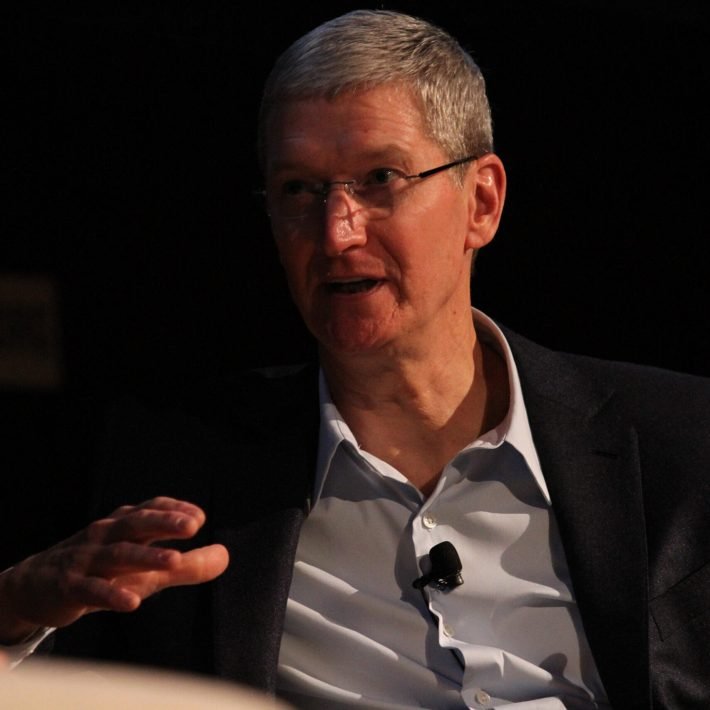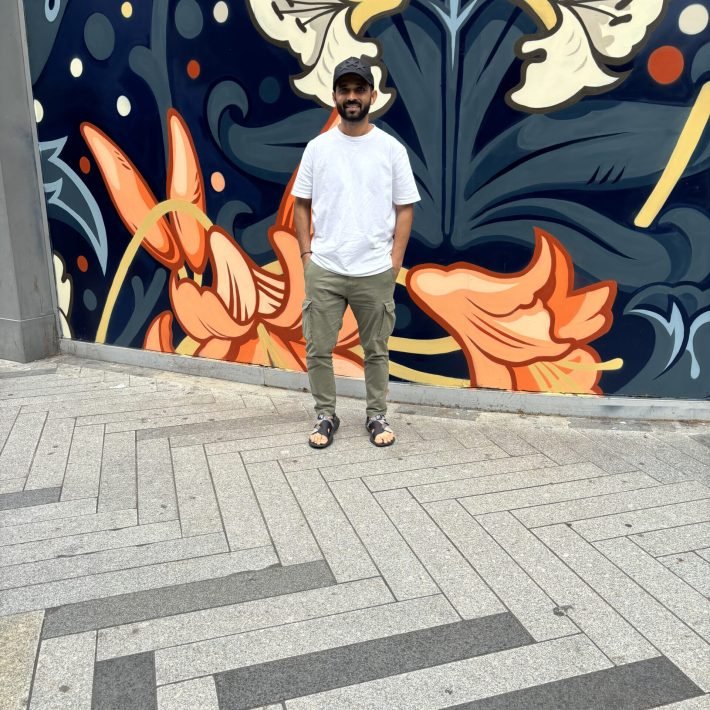Chairman of Tata Sons and once-right-hand man of the late Ratan Tata, Natarajan Chandrasekaran is driving the Tata group’s transformation to newer highs.
By Nichola Marie
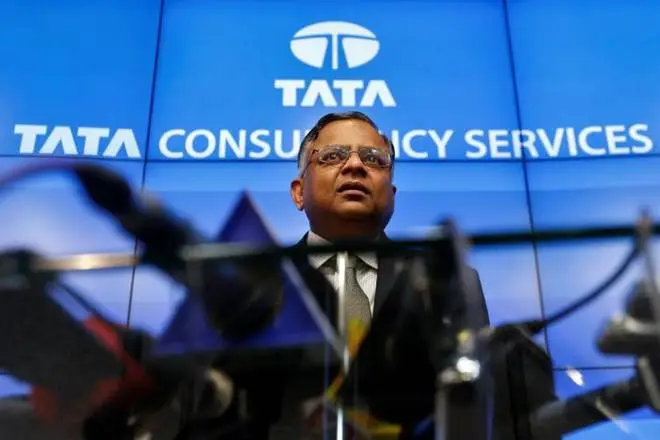
History was made when the country’s first private military transport aircraft production plant was inaugurated by PM Narendra Modi and his Spanish counterpart Pedro Sanchez, at Vadodara, Gujarat. No surprise that it features one of the most trusted names in the country and beyond – Tata. The Tata-Airbus C295 aircraft plant facility, built in collaboration with Airbus Spain at the TATA Advanced Systems Limited (TASL) campus, is one of India’s most ambitious defence projects. The programme features a total of 56 aircraft, of which 16 are being delivered directly by Airbus from Spain and the remaining 40 are to be made in India.

All eyes were on Tata Sons Chairman N Chandrasekaran, who revealed that the TATA Aircraft Complex, built in partnership with Airbus, aims to deliver its first C295 aircraft within the next two years. “This is a very, very important day for India and the Indian defence sector,” emphasised Chandrasekaran, adding, “This project will propel India into the next generation of advanced manufacturing. It will build a diverse and sophisticated skills ecosystem, as well as a very strong supply of base, more importantly, give a lot of high tech opportunities for our entrepreneurs and youth.”
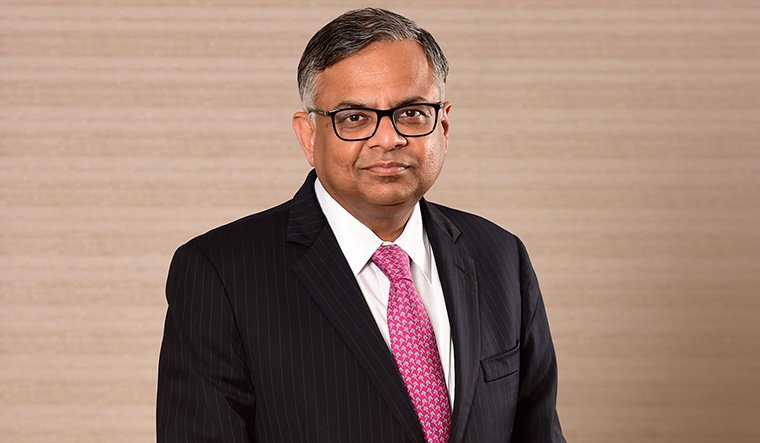
He also gave credit to the late Ratan Tata for originally conceiving the project more than a decade ago, in 2012, building a relationship with Airbus and laying the foundation for this opportunity.
In Safe Hands
Chandrasekaran, who also chairs the boards of several group operating companies, including Tata Steel, Tata Motors, Tata Power, Air India, Tata Chemicals, Tata Consumer Products, Indian Hotel Company, and Tata Consultancy Services, is clearly the right man at the top at the Tata group. It cannot be a stroll in the park leading a $128 billion conglomerate with 30 companies across 10 verticals and hundreds of subsidiaries across various businesses, employing an estimated 935,000-plus people across six continents and 100 countries. But he is not fazed…
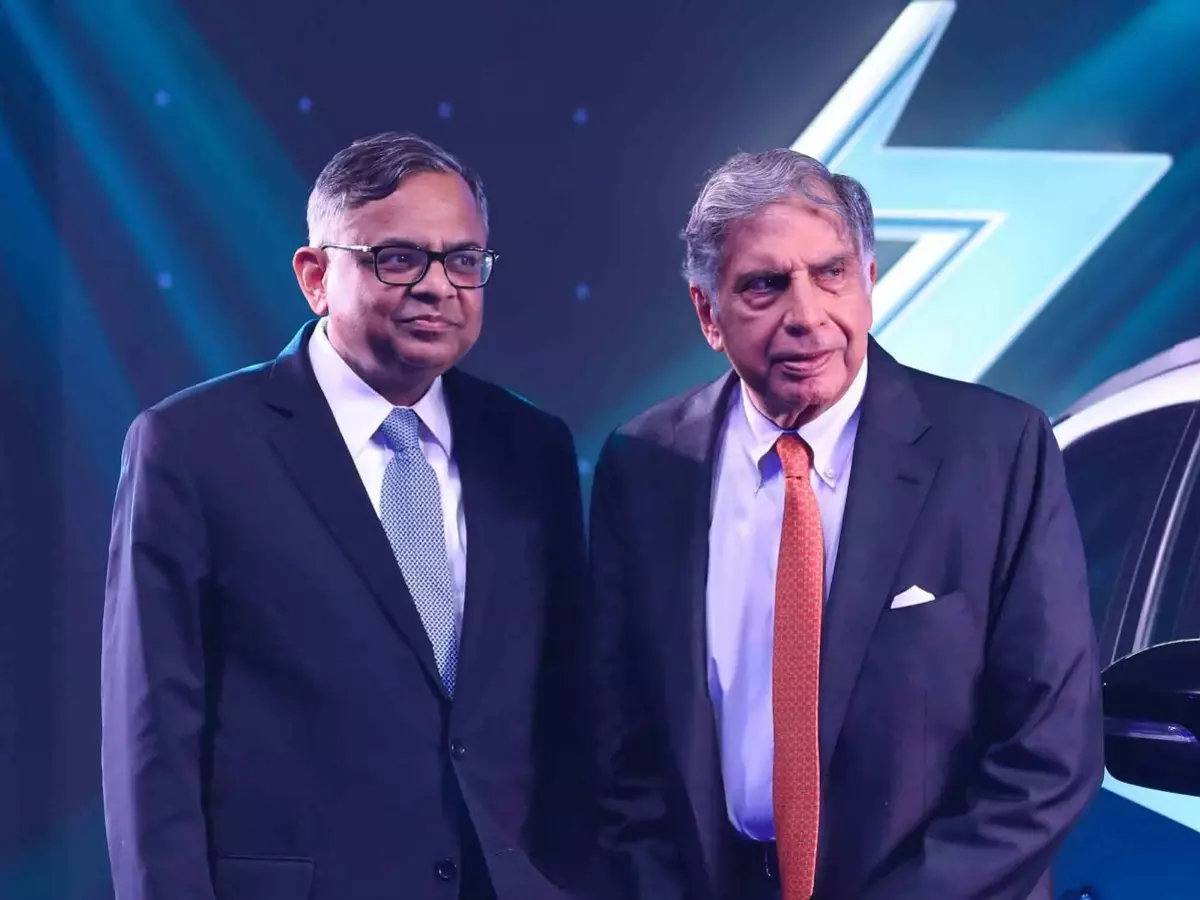
Pursuing the ‘One Tata’ strategy, based on the themes of simplification, scale and synergy, he has been driving the transformation of the Tata group towards a sustainable future. He is credited with steering the group into new-age businesses including semiconductors, electronics manufacturing, consumer internet platform, mobile technology and battery giga-factories. As of March 31, 2024, the group’s turnover exceeded $168 billion with a market cap of $365 billion.
Alluding to the multiple transitions that the group is undergoing, he said in an interview with the ‘Financial Times’, “We are trying to get the group prepared for the future. However painful, these are transitions that need to be done.”
Surprise Appointment
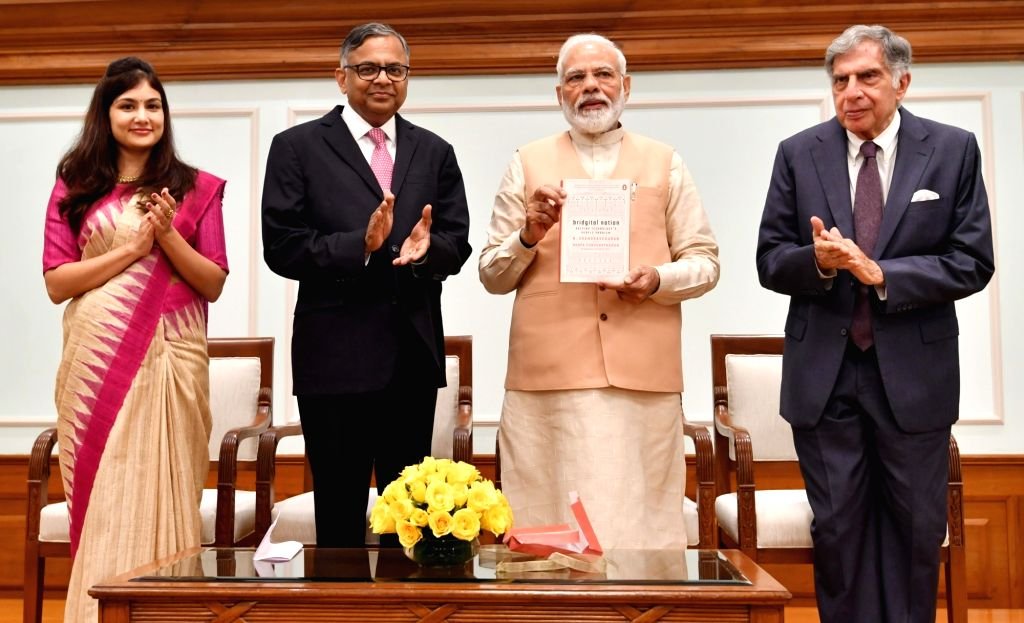
A soft-spoken man who takes tough decisions easily, his story at the top of the Tata group began — as ‘Business Today’ puts it — as a “surprise appointment in February 2017 following one of corporate India’s biggest scraps — a boardroom battle that saw erstwhile Chairman Cyrus Mistry (since deceased) being ousted, followed by an acrimonious court battle and slanging matches.” Chandrasekaran was the first Chairman with no relation to the Tata family through either blood or marriage. The markets were jittery, and the group’s direction seemed unsure. But, once appointed and settled, Chandrasekaran brought about the much-desired change. His leadership helped ease the Tata group’s then-irregular growth into a firmer rhythm. Among the notable events during his tenure has been Tata’s acquisition in 2022 of Air India, an airline founded by the Tata family in 1932 and which remained under Tata ownership until it was nationalised in 1953. He was tasked by Tata Sons’ Board of Directors to redevelop the airline, which had been beset by mismanagement, debt, and other problems.
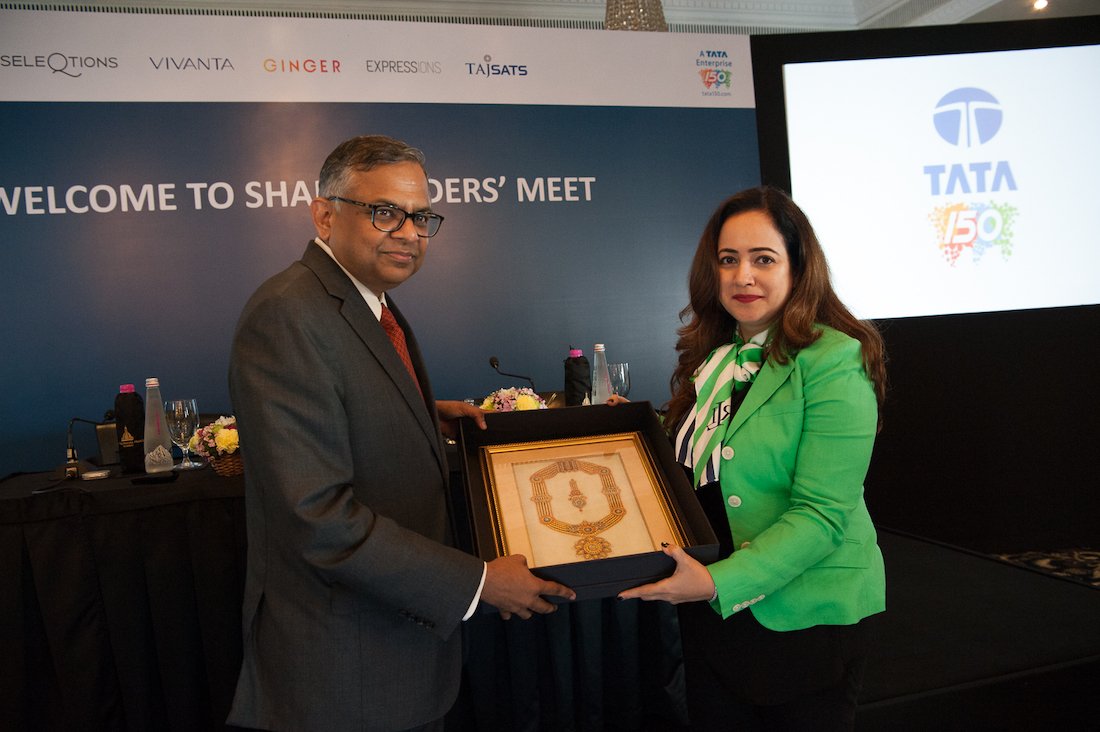
As HDFC Chairman Deepak Parekh avers, “He brought in the much-needed calm, and markets immediately recognised that under his leadership, the group was in safe hands. If one knows Chandra well, he is open and frank about where he sets his boundaries in his capacity as Chairman of the group.”
Amit Chandra, Chairperson of Bain Capital Advisors (India) and a former Tata Sons board member, analysed his style, saying, “Chandra is a great combination of a marathon runner and a chess grandmaster. He does not play for the short term. His moves are carefully thought through and strategic.”
All in all, he is credited with deftly maneuvering the Tata group’s foray into new businesses, adding muscle to existing ones, and laying the foundation for sustained and healthy growth.
Strong Foundations
Born into a farming family in 1963, he was the fifth of six children born to agriculturist parents in a small town called Mohanur in Tamil Nadu. His father had trained to be a lawyer; however, family circumstances led him back to the lands.
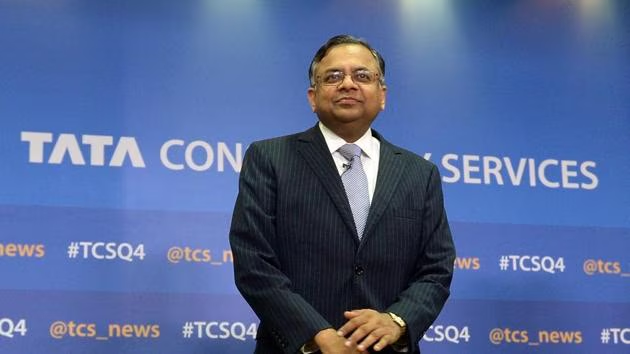
Growing up in the village of Mohanur, Tamil Nadu, his formative years would leave a very strong impression. “I enjoyed that upbringing,” he said in an interview to ‘The Week’. “My parents were fantastic. All the core values come from parents. Both of them worked very hard and were very grounded. Teachers were fantastic. I still remember my maths teacher, science teacher, I still remember the equation on the board. I still remember the exact math class, 9th standard, 10th standard, where I was sitting, everything was just absolutely green. Whether it is calculus, whether it is physics, my history teacher, everything. I even remember my answer sheets. They were so good. I don’t remember the same about my college days. So I believe my roots go back because I lived there only. I never travelled anywhere. I used to walk to school, come back, play all the games…”
Attending the only public school in town, where the medium of instruction was Tamil, he went on to attend the Coimbatore Institute of Technology, receiving a Bachelor’s Degree in applied sciences. Earning a Master’s Degree in computer engineering in 1987 at the Regional Engineering College in Tiruchirappalli, Tamil Nadu, he joined Tata Consulting Services as an intern. Gradually working his way up within the company, he eventually became its Chief Operating Officer in 2007 and Chief Executive Officer in 2009 – the youngest CEO of a Tata company in the conglomerate’s history. Taking over TCS’ reins from his mentor S Ramadurai, in the middle of the global financial crisis, he put in place its industry service units’ organisational structure. This now-famous system is credited by many with making TCS the country’s most valuable company.
Growth Mindset

Confident and grounded, he steers well clear of shortcuts. He candidly admits that he did not expect to be at the helm. “I am a person who enjoys and who lives the moment. I can’t recall any time in my life where I have thought about ‘I have done that, I should have done this’. So I always try to maximise. And I want clarity. I see a little bit into the future. I see the art of possible and then I work my way out. I just like to see where it can get. I like to always see how big it can be. How much fun it can be. But I don’t really break it down too much.”
In a ‘Netflix’ documentary titled ‘Working: What we do all day’, hosted by former US President Barack Obama, Chandrasekaran revealed that growing up in a rural area gave him a sense of how tough it is for people to find jobs. Equating lack of access to lack of opportunity, he believes the use of technology will be critical in creating a level playing field. “It’s about leveraging the scale, size and equity that Tata enjoys and hopefully play our part in solving some big societal problems,” he said. Discussing the way forward, he dubs this “a pretty exciting time,” adding that he sees sustainability and India’s handling of it to be important not only for the country but the whole world, on account of its size. “And we have to do this at the same time when we have to lift at least 300 million people out of poverty,” he says.
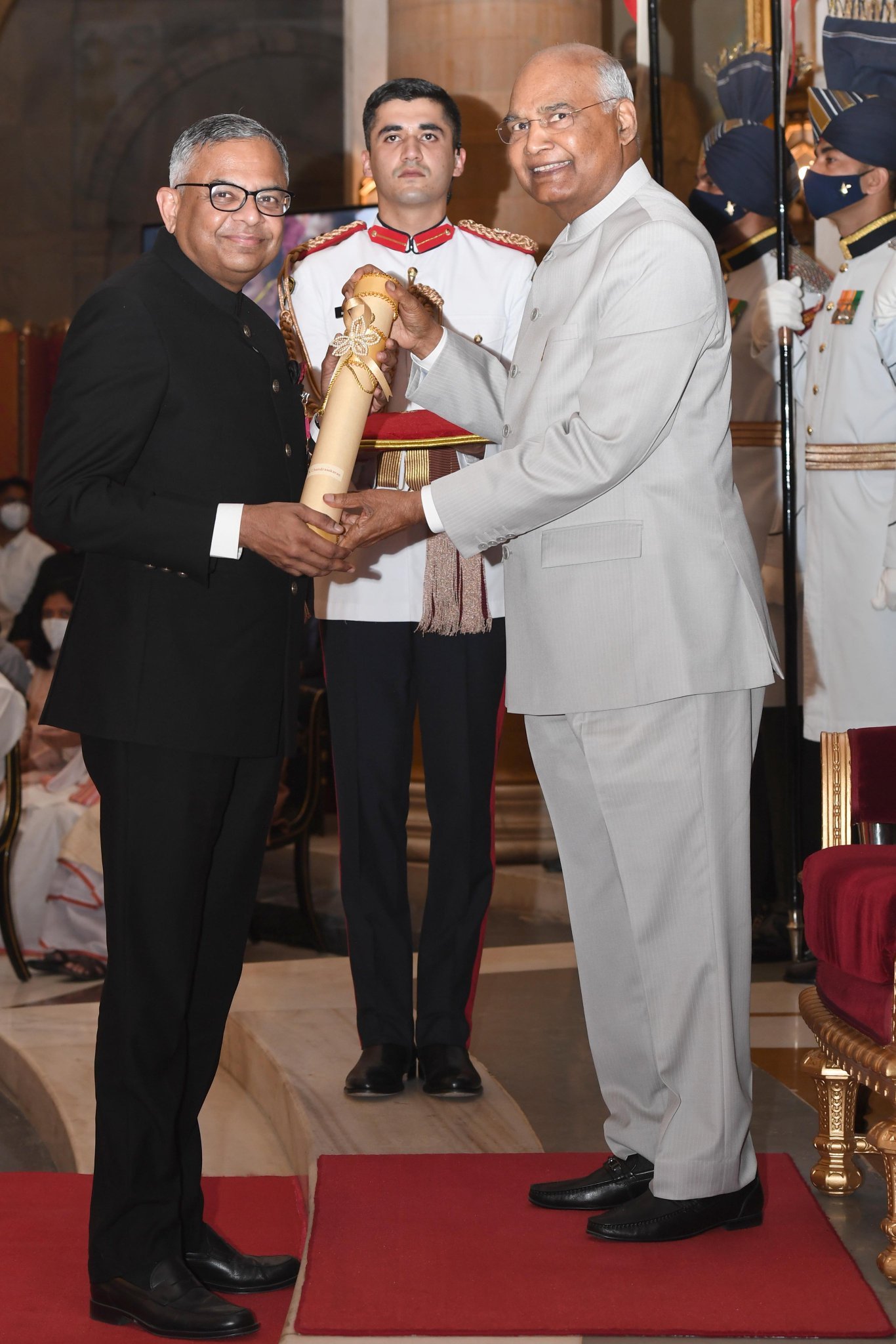
Among the many recognitions conferred on him are the Padma Bhushan, one of India’s highest civilian awards, in 2022 and France’s highest civilian award Légion d’Honneur. He has also authored ‘Bridgital Nation’, a groundbreaking book on harnessing technological disruptions to bring Indians closer to their dreams.
Soon after taking charge at Tata Sons, he mused, “I am still growing into it and I don’t think I will [ever] fully grow into it. It is a journey and I consider myself fortunate to be here.”
Chandrasekaran is clearly living up to his promise every single day.
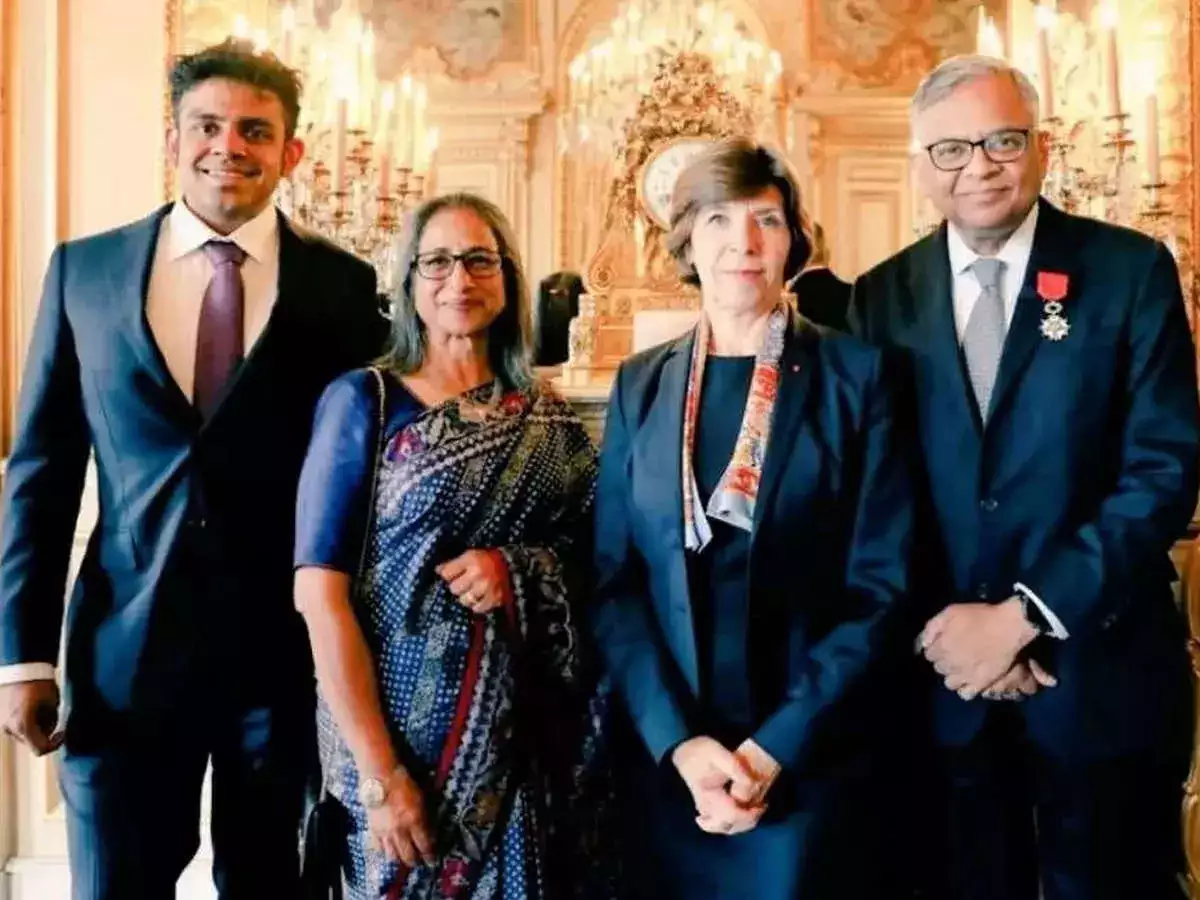
Did you know…?
- An avid photographer, he is also a passionate long-distance marathon runner. A Six Star Finisher of the World Marathon Majors, he cites fitness as playing a most important role in how he functions and works.
- A seasoned trekker and mountain climber, soon after he got married, he and his wife Lalitha, went on a hiking expedition to St Ives in Cornwall, the UK, and have participated in many treks and hikes together over the years.
- His son Pranav Chandrasekaran is currently pursuing undergraduate studies.
- In FY24, he earned ₹135 crore, marking a 20% rise from the previous year’s earnings. He maintains his rank as the highest-paid executive in an Indian company.
- In 2022, he purchased a duplex worth ₹98 crore at Mumbai’s Pedder Road, where the family had previously resided on lease.
